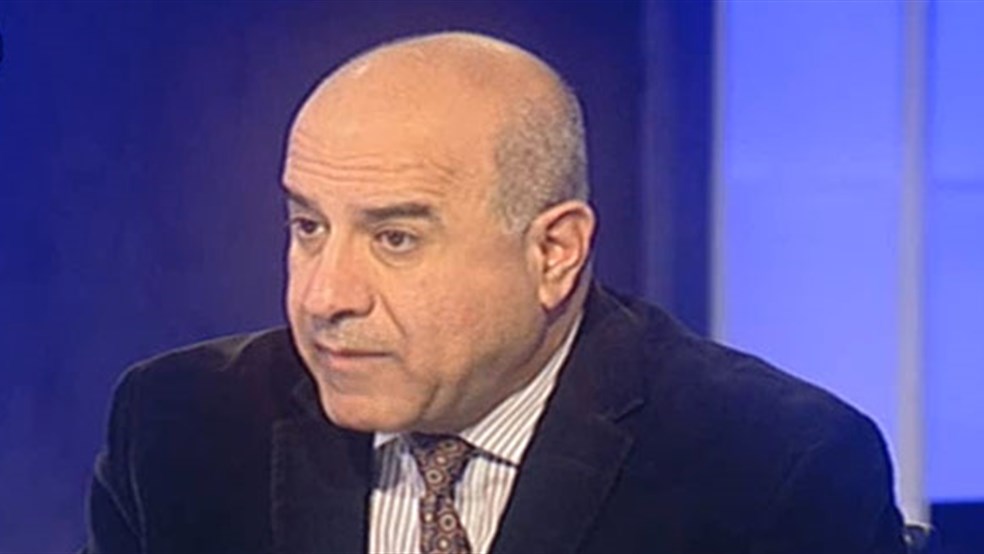Hezbollah, the Central Bank and the Financial Criminality Nexus
Charles Elias Chartouni/December 08/2020
شارل شرتوني/حزب الله والبنك المركزي ورابطة الجريمة المالية
The latest report of the Wall Street Journal ( November, 30, 2020 ) on Hezbollah’s underground economy, unveils the relationship between the Central Bank of Lebanon, and the felonious business architecture weaved by Hezbollah on a worldwide basis.
The centrality of the financial audits requested by the IMF and the world community as a preliminary to any bail out policy urged by Lebanon, has become essential if it were to avoid a massive and irreversible breakdown and its deleterious consequences.
The deceptive commissioning of the audit firm, Alavarez and Marsal, has proven short lived, since the Central Bank of Lebanon and the caretaker government were remiss on doing their part of the job, when they deliberately failed to deliver the required documents, and disallowed access to its financial archives. After the demise of the audit company, observers and stakeholders were barely intrigued by the deliberate default, since they all have perceived the due complicity between Hezbollah and the Bank authority, and their interest safeguarding their inner domain away from financial and intelligence scrutiny.
The collected data unveils the working relationship between the two entities: while Hezbollah was forging ahead with its domination strategy, it was essential to instrumentalize governmental institutions to launder its international criminal proceeds, the head of the Central Bank worked on surviving the assassination of his mentor Rafic al Hariri, navigate the muddied waters of transition, protect his power turf and dividends, and cater to his political ambitions.
These facts highlight the interlocked interests between the different ailes of the oligarchy, in spite of the political differences they may have or had through the bumpy rides of post-war politics.
The insidious stonewalling on forensic audit displayed by the BDL authorities, the Hezbollah and the oligarchic cohorts is due to their common apprehension towards the investigative process, its outcomes and the unraveling of the recondite financial architecture of the criminal economy.
The ugly realities laid out by the monumental financial crash exhibit the governing rules of a hybrid economic system built on the seams of a criminal economy based on money laundering, misappropriation of public funds through a rigged public debt (odious debt, insider trading practices, conflict of interests, misallocation of public funds, inflated costs and inverted public spending priorities, clientelism, oligarchic enrichment… ), the instrumentalization of the banking system for fraudulent financial schemes (Ponzi), and the unwinding of wide ranging scenarios of political subversion ( domestic and international).
The well documented relationship between Hezbollah, its oligarchic acolytes and the CBL is no more an assumption, it’s a well established financial, criminal and political evidence that hampers financial audit, prevents the onset of financial reforms, and precipitates the irreversible decay of a worn out polity after 62 years of open-ended conflicts.
The likelihood of cabinet formation is tied to a reformist agenda predicated on: political stability and extraction from regional power politics, the rewriting of a meta-political narrative, the revalidation of the Constitutional State credentials, the overhaul of political elites, and the reframing of public policy predicates ( financial, economic, social educational and environmental …. ).
However, none of these objectives is likely to be achieved, unless the aforementioned requisits, are met at a time when regional power rivalries are at their climax, and subversive political agendas collide. The international community is, by no means, ready to bankroll any governmental undertaking, unless the reformist road map set by the French Presidency and endorsed by the US and the EU is on track, and the political disentanglement with Iran sets the pace of political normalization in a country that has failed it all along.
The hobbling of financial audit is of bad omen, and symptomatic of Lebanon’s systemic dislocations and inability to reclaim its national, democratic and moral entitlements.




















